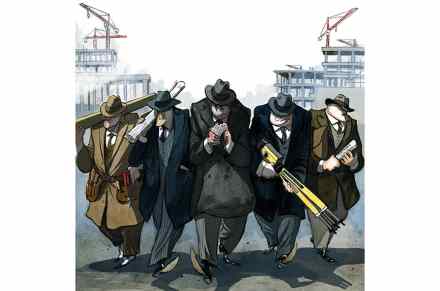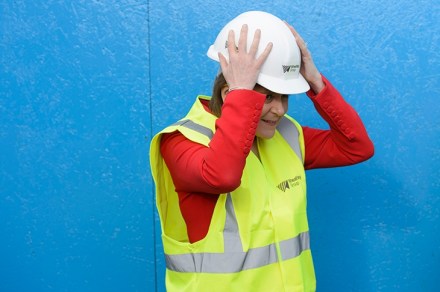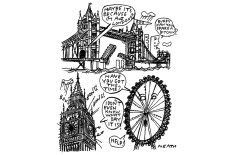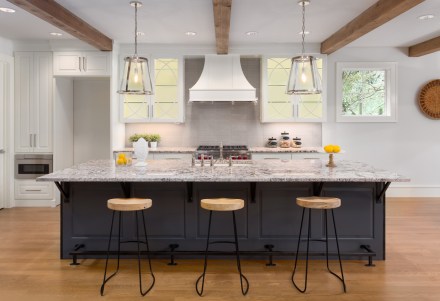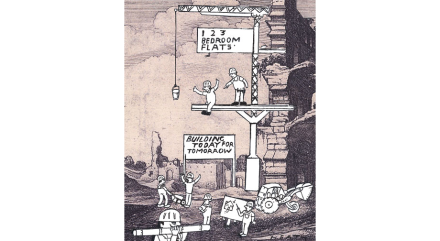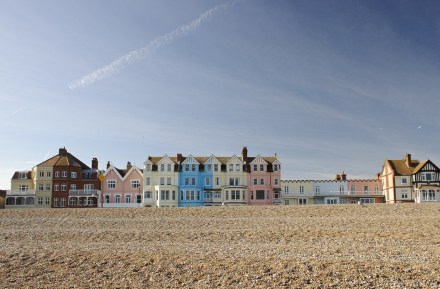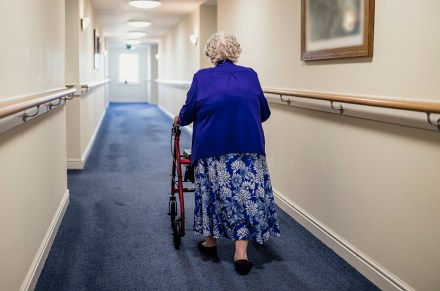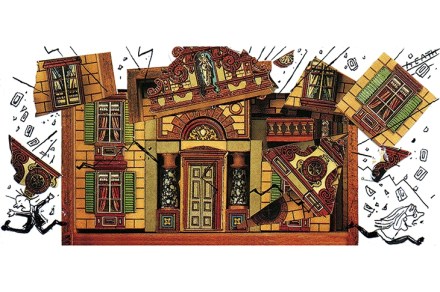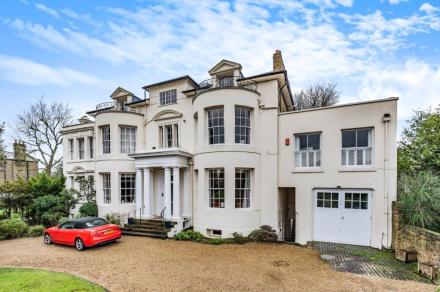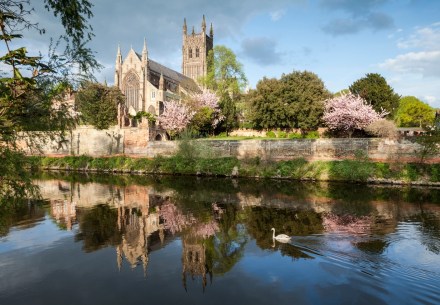Why building more houses won’t bring prices down
Does the law of supply and demand apply to housing? In other words, will building more houses and flats bring down prices? There is a growing economic consensus that the surprising, and rather counterintuitive, answer is: not to any significant extent. It is a conclusion that has revolutionary implications for housing policy, and what we need to do to help people realise their dream of owning their own home. Ian Mulheirn, chief economist at the Tony Blair Institute, concluded in a recent paper for the UK Collaborative Centre for Housing Evidence: ‘The large body of literature on the responsiveness of house prices to supply indicates that even building 300,000 houses
